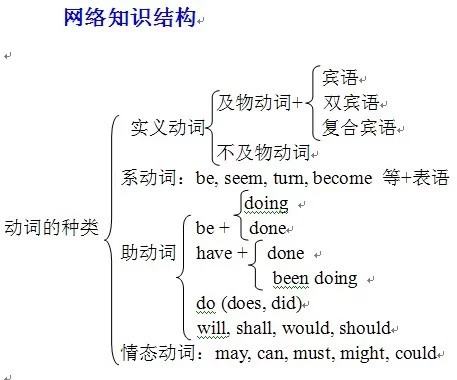直接宾语

直接宾语,是一个英语语法用语,是指谓语动词的承受者,可由名词、代词、数词、不定式充当。
- 中文名称 直接宾语
- 所属学科 英语
- 性质 谓语动词的承受者
- 相对者 间接宾语
双宾语
由直接宾语和间接宾语组成。间接宾语表示谓语动作的方向(对谁做)或动作的目标(为谁做),间接宾语紧接在谓语动词后,但它在句子中不能单独存在,并且能和直接宾语组成双宾语。
E.g:
He gave me a book.
他给我一本书(me作间接宾语,a book作直接宾语)
例子
1直接宾语可由名词、代词、数词、不定式充当。间接宾语是指动词的行为所指向的人。间接宾语由名 词或宾格代词充当。间接宾语一般放在直接宾语之前,但有时当直接宾语比间接宾语短得多时,或当我们 特别强调间接宾语时。
E.g:
Remember to write us a letter please.
请记着给我们写信。
I will return the book to you tomorrow.
我明天还你书。
Fetch a chair for me, will you?
给我取一把椅子好吗?
2、当间接宾语为人称代词,同时直接宾语也是人称代词时,也将间接宾语放在直接宾语之后。
E.g:
I have found the book and give it to her.
我找到了那本书,并给了她。
3、直接宾语只能用在某些动词的后面,常见的这类动词有:
give, show, send, bring, offer, read, pass, lend, leave, hand, tell, return,
write, pay, point, play, save, spare, order, sing, find等。
E.g:
The teacher gave us a lot of homework.
= The teacher gave a lot of homework to us.
老师留给我们很多作业。
He bought flowers for his girlfriend.
= He bought his girlfriend flowers.
他给女友买花。
He threw the ball to me, and I caught it.
= He threw me the ball, and I caught it.
他把球扔给我,我接住了。